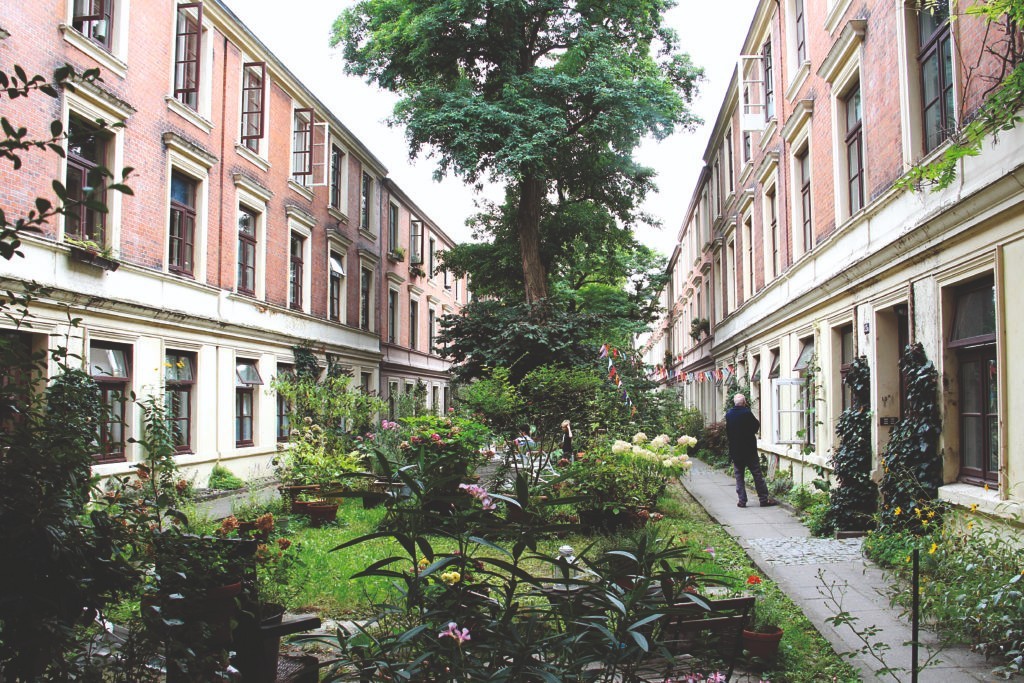Heritage Day
- Intro
- Anne Malliet
- Speaker
- Glenn Lyppens, (POLO Labs)

Glenn Lyppens
Glenn Lyppens received his Masters in Architecture from the Henry van de Velde Institute in Antwerp in 2006. Since then, he has worked within various design offices, as well as as a practicing lecturer and researcher at the University of Antwerp. In 2013, he was involved in the ‘Pilot Projects Collective Living’, initiated by the Flemish Master Builder. From this grew a doctoral project on the role of architecture in designing ‘robust collective in-between space’ and finalized at the end of 2022. Since 2018, Glenn has been active at POLO Labs, where he tries to implement his academic knowledge in practice. He also sits in the expert group of the Flemish Master Builder and works as a guest lecturer at the Rotterdam Academy of Architecture and Antwerp Management School.
Anne Malliet
Anne Malliet has been a member of the Flemish Master Builder team since 2001. Since 2004, she has also been a member of the jury for the Urban Renewal Projects. She sits here as a representative of the Flemish Master Builder. Malliet has conducted numerous studies on collective housing forms. In this form of housing, she sees a lot of potential for the future of cities. In her articles, she often refers to the advantages of collective living. Moreover, for her it is a form of affordable and carefree living.




